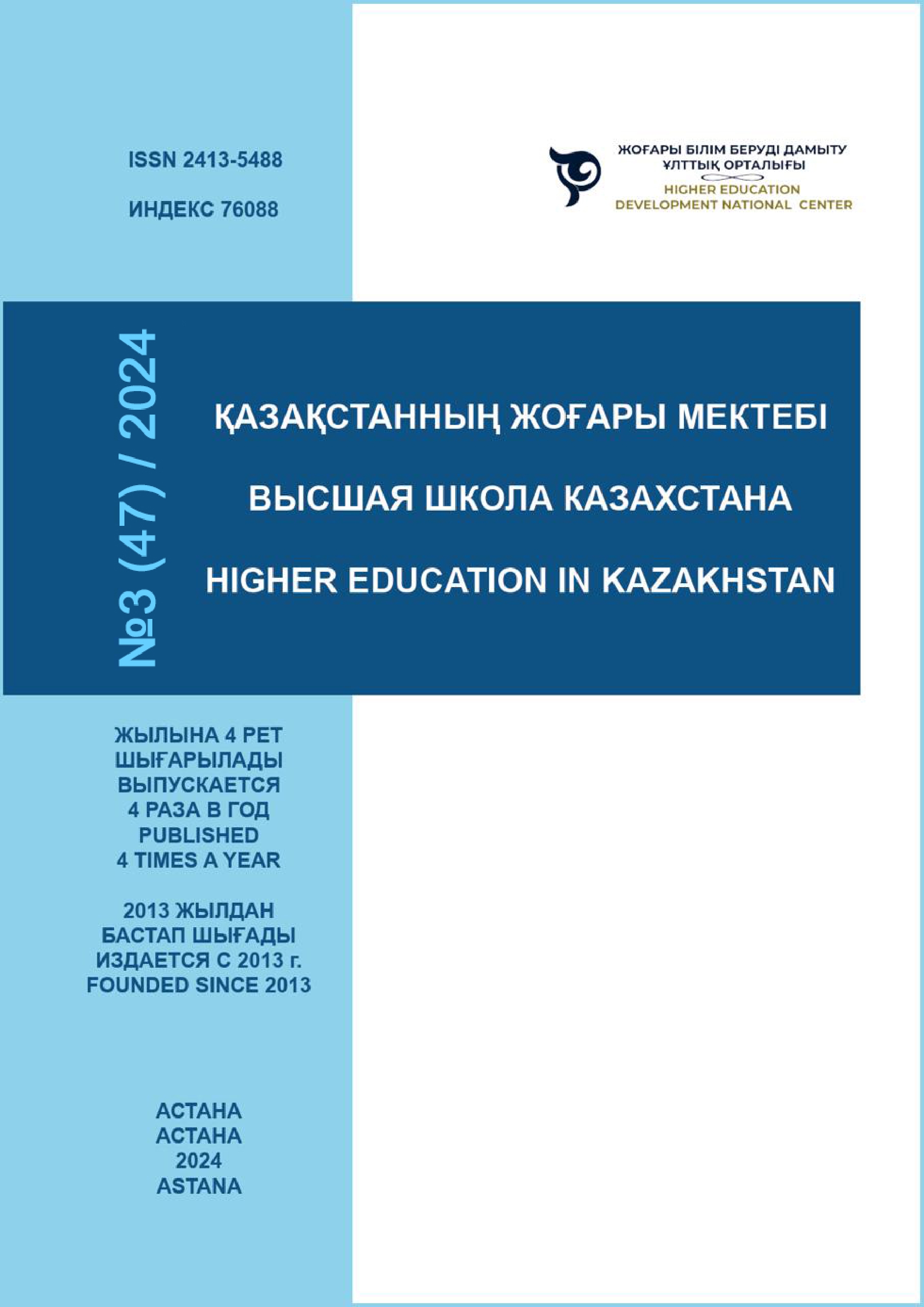DEFINING THE ROLE OF EDUCATIONAL PLATFORMS IN MATHEMATICS IN THE EFFECTIVE TRAINING OF FUTURE MATHEMATICS TEACHERS
DOI:
https://doi.org/10.59787/2413-5488-2024-47-3-31-37Abstract
The present study analyzes the results of a survey of teachers and students designed to identify the preferences and needs of universities in using educational platforms in mathematics to study the subject «Elementary Mathematics». The aim of the study was to determine the preferred characteristics and functionality of mathematics learning platforms that can contribute to effective learning and increase interest in mathematics for future mathematics teachers. To achieve this goal, questionnaires were developed, which were distributed among mathematics teachers and first-year students in the specialty «Mathematics» when teaching the subject «Elementary Mathematics» and third and fourth-year students when teaching the subject «Methods of teaching mathematics». The questionnaires included questions about preferences in using educational platforms in mathematics, the level of comfort and perception of educational material when working with technologies, preferred learning formats and expected learning outcomes. The analysis of the obtained results allowed us to identify the key principles that should be taken into account when using educational platforms in mathematics to study the subject «Elementary Mathematics» at the university. Following these principles contributes to the use of educational platforms in mathematics, and as a result, to improving the quality of mathematical education at the university and improving the learning ability of future mathematics teachers.
References
Abroskin, M., Solomakhin, G., Simonov, D., & Kulikova, N. (2022). Trends in the use of cloud computing in education. The development of coherent speech in older preschool children through the interaction of preschool and family, 67, 48.
Belyakov, B., Nesterov, V., Smirnov, E., & Kovalchuk, O. (2021). Components of the success of the military pedagogical school of the RVSN and its features: history, state, development prospects. Theoria: pedagogy, economics, law, 3 (4), 26-37.
Chekalina, T., Tumandeeva, T., & Maksimenko, N. (2018). The main directions and prospects for the development of online learning. Professional education in Russia and abroad, 3 (31), 44-52.
Rozmat, A., Nazarova, K., & Taizhanova, D. (2022). Development of an electronic textbook of the higher mathematics course in masromedia flash professional 8. Communications of the International Kazakh-Turkish University named after Iasaui, 1(20), 16-26.
Tulentaeva, G., Seylova, Z., & Berkimbayev, K. (2023). Development of the content and educational complex of higher mathematics for the training of technical specialists in steam educational conditions. Bulletin of KazNPU named after Abaya, series «Pedagogical science», 80(4), 154-167.
Yunanova, Yu. (2016). The use of information technology in mathematics lessons. Bulletin of Scientific Conferences No. 12-1, 122-123. Yukom Consulting Company LLC.














